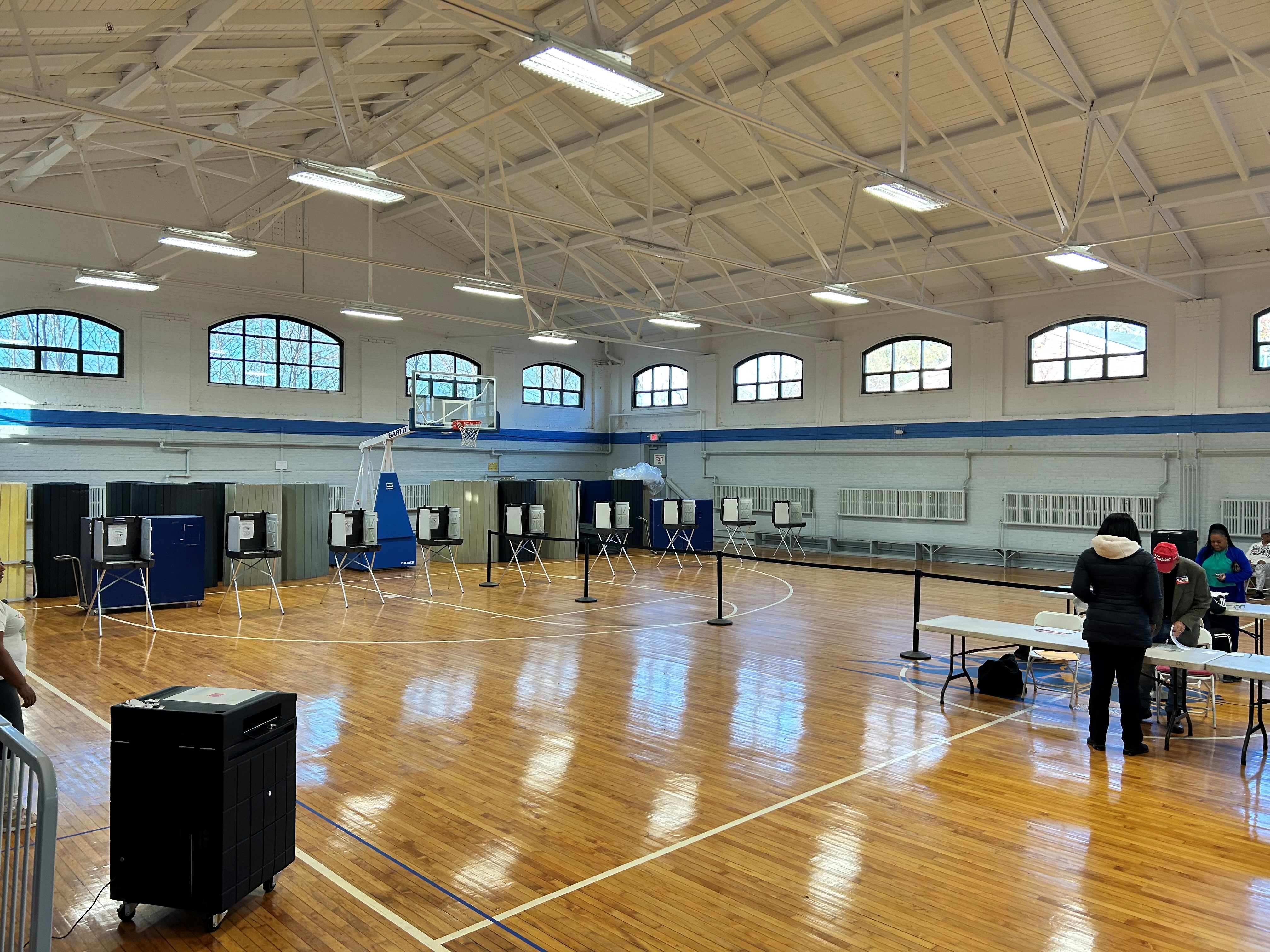Thursday night a forum at Guilford’s community center put critical race theory on center stage.
Critical race theory is a premise that says systemic racism remains part of American life and the legal system.
Guilford's was a discussion lead by those who oppose critical race theory, including some from out of state. It is not affiliated with Guilford Public Schools.
"There's a whole language that has been introduced to the Guilford school community, words like equity, social justice, inclusion, culturally responsive teaching. This is the language of critical race theory," argued Dave Holman of Truth in Education, the group hosting the discussion.
Get top local stories in Connecticut delivered to you every morning. Sign up for NBC Connecticut's News Headlines newsletter.
Superintendent Dr. Paul Freeman responded to the group’s allegations that it’s being taught in the classroom.
“It misrepresents the years of work we’ve done in Guilford Public Schools around social justice and equity,” Freeman said.
Freeman responded to the allegations in a statement to NBC Connecticut, saying they are not teaching the concept in their schools, but they have worked for years on social justice and equity, including working to improve diversity among teachers and evaluating curriculum so that authors are diverse. Modern world history studied in high school shows teaching the struggle for human rights, equality and social justice.
Local
Several parents came out in protest of the forum, showing their support for the Board of Education and superintendent.
"It's important for us all to learn to appreciate each other, our differences, and our likenesses, and the things we have in common and the things that make us diverse," parent Dawn Carafeno said.
Don C. Sawyer III is the vice president of diversity and inclusion at Quinnipiac University. He spoke to NBC Connecticut about the national rise in conversation and criticism of critical race theory.
“I think people will get into critical race theory – the actual study of it – in college and graduate schools, said Sawyer. “It’s just interesting that they’ve latched on to the term ‘critical race theory’ and kind of run with it.”
He added that most people who are critical of it haven’t read about what it actually is.
“We’re not talking about people, we’re talking about systems and I think that’s part of the confusion,” Sawyer said.
Critical race theory has been around since the 1970s and 1980s. As a sociologist, Sawyer says he looks at how race intersects with different social structures like education, the criminal justice system, and housing. He uses the concepts in courses at Quinnipiac University.
“So, when I teach my sociology of education course or sociology of race course, even my sociology of hip hop course, some of the tenants of critical race theory are used in those spaces,” Sawyer said.
The concept helps identify racial issues that lie below the surface in those systems. He adds it also brings individual experiences to the center that may be on the margins.
All ideas that are typically taught at the collegiate level. Freeman explained to NBC Connecticut what the school system has done over the last few years to improve social justice. He describes them as “concrete steps.”
He says they’ve changed the school mascot to “the grizzlies.” They’re also working on improving diversity among teachers as well as among the authors in the school curriculum. And they’re working with teachers to make sure students feel heard in class. It’s all an effort to help students become critical thinkers.
He says allegations of teaching white students they’re racist, or Black and brown children they are victims are “patently false.” He says the event misrepresents what they are doing around equity within Guilford Public Schools.



